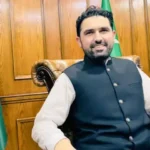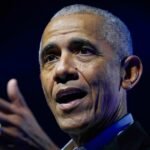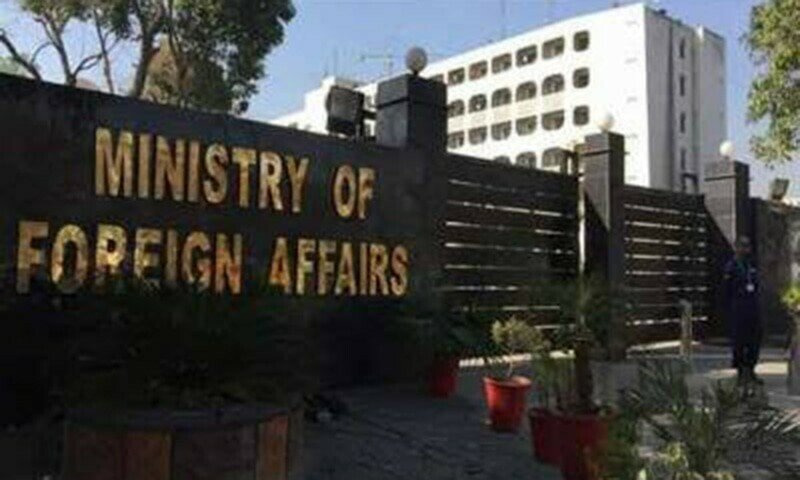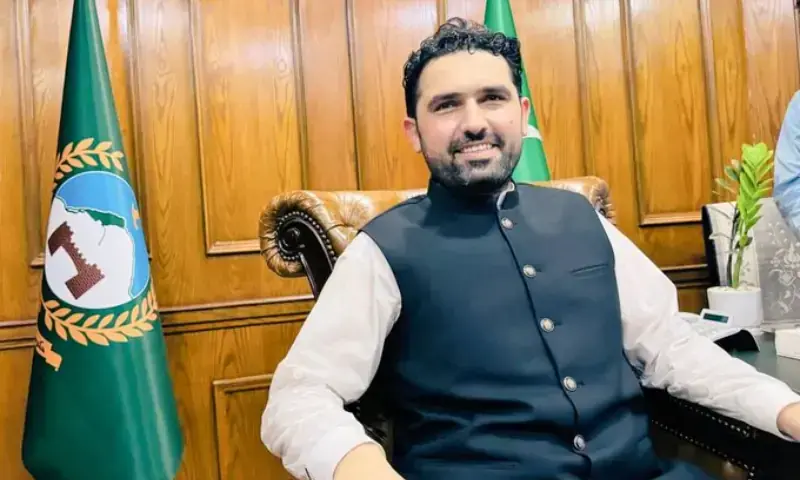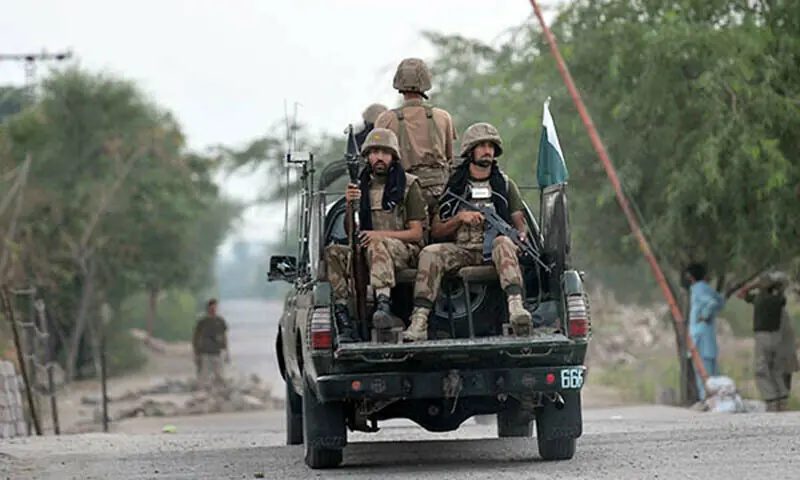ISLAMABAD: Both the Ministry of External Affairs and the military on Wednesday rebuked statements by Indian Defense Minister Rajnath Singh and Army Chief General Upendra Dwivedi as “politically motivated” and “false,” warning that such rhetoric poses a serious threat to regional peace and stability.
The FO’s harsh response underlined the irony of India’s accusations, given its own well-documented history of state-sponsored terrorism and subversive activities on foreign soils.
“Instead of leveling baseless allegations against others, India must introspect and address its own documented involvement in orchestrating targeted killings, acts of subversion and state-sponsored terrorism in foreign territories,” the FO statement said.
Speaking during the ninth Armed Forces Veterans Day celebrations at Akhnoor in Indian-held Jammu, Mr. Singh said: “The land of PoK (referring to Azad Jammu and Kashmir) is being using to manage the dangerous and treacherous business of terrorism. …Pakistan must put an end to it (its dangerous game plan) and stop its despicable acts, otherwise… period, period, period.”
He further said, “Jammu and Kashmir are not complete without [Azad Jammu and Kashmir].”
Islamabad reacts sharply to defense minister and army chief’s provocations, telling New Delhi to rein in its own role in terrorism abroad.
While condemning Mr Singh’s comments, the FO reiterated that Jammu and Kashmir remains “an internationally recognized disputed territory” whose final status needs to be resolved in accordance with United Nations Security Council (UNSC) resolutions.
He declared: “India has no legal or moral grounds to assert fictitious claims over the territories of Azad Jammu and Kashmir and Gilgit-Baltistan.”
In his annual Army Day press conference, the Indian army chief called Pakistan the “epicenter of terrorism”, claiming that 80 per cent of terrorists active in Jammu and Kashmir are Pakistanis.
“If support does not come as India sees it, this type of terrorist infiltration will continue to exist,” General Dwivedi said.
He added that the high voter turnout in the Occupied Jammu and Kashmir elections indicated that locals were “avoiding violence” and accused Pakistan of orchestrating unrest in the region.
The Pakistan Army, through the Inter-Services Public Relations (ISPR), dismissed General Dwivedi’s claims as a “classic case of extreme duplicity” and an effort to divert global attention from human rights violations in military-controlled Kashmir. India.
“Insinuating Pakistan as the epicenter of terrorism by the Indian army chief is not only contrary to facts but also a futile exercise in beating the dead horse of India’s default position: blaming Pakistan for the indigenous reaction to state-sponsored brutality,” the statement said. read.
The ISPR emphasized that such statements reflected the “extreme politicization” of India’s military leadership and warned against undermining professionalism and interstate conduct. He also highlighted India’s transnational repression, including targeted killings and state-sponsored terrorism.
The media wing of the army recalled that a serving Indian military officer, Kulbhushan Jadhav, is in Pakistani custody for his role in terrorism in Pakistan.
“The sobering fact that a senior serving Indian military officer is in Pakistani custody, caught red-handed while orchestrating acts of terror against innocent civilians inside Pakistan, appears to have been conveniently ignored by the general,” he said.
Both the FO and the army urged the international community to recognize Delhi’s oppressive measures in Indian-controlled Kashmir, describing them as violations of the Kashmiri people’s right to self-determination under UN Security Council resolutions.
Published in Amanecer, January 16, 2025.


